
Otunbayeva must put words into action in Askarov case
World leaders like to invoke terms such as press freedom, human rights, and the rule of law in their speeches, especially to international audience. But in post-Soviet Eurasia, such high-minded words are rarely accompanied by genuine action. A recent commentary in The Washington Post by Roza Otunbayeva, president of Kyrgyzstan, is a testament to this…
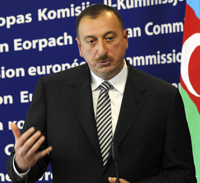
CPJ presses slow, cautious Council of Europe on Azerbaijan
Strasbourg prides itself on being the “European capital of human rights.” The historic French city, located on the border with Germany, is home to the Council of Europe (CoE), a 47-member institution focused on the promotion of democracy and the rule of law. It is also the seat of the European Court of Human Rights (ECHR),…
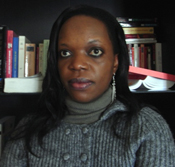
Out of Africa: Lucie Umukundwa five years later
Five years after helping her leave her region due to threats, CPJ catches up with Rwandan journalist Lucie Umukundwa to learn more about her struggles to resettle in another continent, regain a foothold in journalism and continue to make an impact in Africa.
Libya’s disordered Internet
Craig Labowitz at Arbor has been sifting through the evidence of how countries in the Middle East have been blocking and throttling the Internet in the last week. His analysis indicates that while both Bahrain and Yemen had periods of slowed or impaired access, only Libya seems to have taken the drastic step of shutting off the…
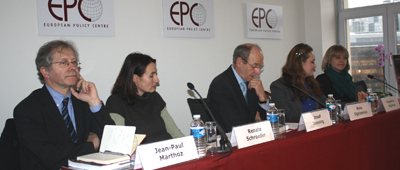
CPJ calls on EU leaders to get their house in order
The European Policy Centre (EPC), Brussels’ leading think tank, hosted CPJ for a policy dialogue marking the launch of our annual survey, Attacks on the Press, on Tuesday. CPJ’s visit to Brussels coincided with a heated debate over Hungary’s new controversial media law, which has eclipsed the country’s first months as EU’s rotating president. The…
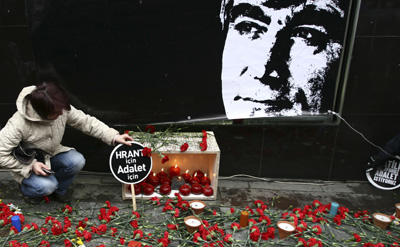
Paris and Brussels mobilize for Hrant Dink murder trial
On January 19, 2007, Hrant Dink, the founder and editor-in-chief of the Armenian-Turkish weekly Agos, was gunned down in front of his office building in Istanbul. The murder sent shockwaves through the Turkish and international human rights and press freedom communities. It also triggered a mobilization of thousands of Turkish intellectuals, activists, and citizens that…
Russian media combats false piracy prosecutions
Some good news out of Samara. As we’ve reported previously, trumped-up piracy accusations have been frequently used in Russia to intimidate independent media. Sergei Kurt-Adzhiyev, a Russian editor, has spent years fighting piracy prosecutions against himself and his publications in the region. This week, he was declared not guilty. Russia’s Finance Ministry was ordered to…
Combating impunity, from commitment to action
This afternoon we sent out a press release announcing a $100,000 grant from the John S. and James L. Knight Foundation to support CPJ’s Global Campaign Against Impunity. The campaign enters its third year in 2011, having achieved some significant successes, including high-level commitment to prosecute the killers of journalist in the Philippines and Russia.…

EU has contradictory message on Karimov, Lukashenko
Unless European Union officials mean to expose the inconsistency of their own policymaking, they should stand firm by their declared commitment to defend press freedom and human rights in the former Soviet countries. For now, their drastically different approaches to authoritarian leaders in Belarus and Uzbekistan leave one questioning the EU’s strategy.
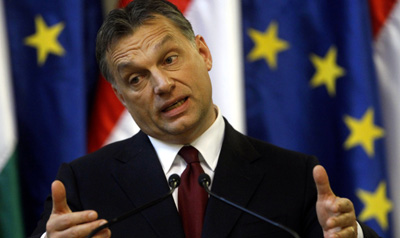
Hearing: Hungary undermines EU with new media law
When you see the top echelon of the EU press corps–The Guardian, Die Sueddeutsche Zeitung, Le Soir, and others–gathering in front of a meeting room at the European Parliament in Brussels you know that you should follow them inside. These seasoned correspondents select their assignments with a keen sense of urgency, and when they skip…